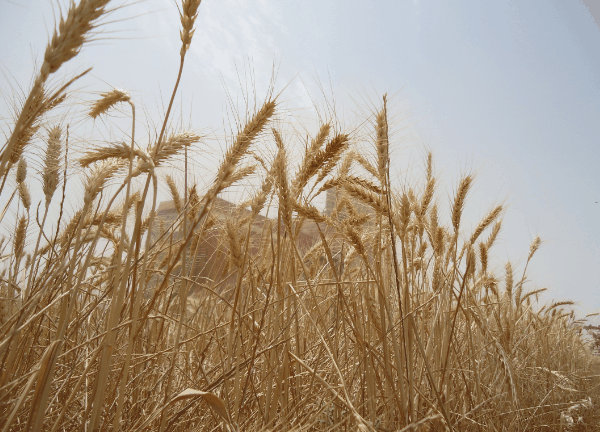Libya's Economy Minister, Mustafa Abu Fanas, has said that the country needs to pay debts to wheat importers to secure future flour supplies.
Industry sources say that Libya faces difficulties in making big deals to buy wheat due to payment problems (debts have been piling up for more than a year), problems at the ports, and political turmoil.
Adding that there is no risk of a bread shortage for months, the Minister said the government had asked parliament to approve payments for wheat purchases to private firms and agencies backed by the state.
According to Reuters, he said the government had budgeted 1.5 billion Libyan dinars ($1.2 billion) for wheat tenders this fiscal year.
Mahatan Tripoli, Libya's biggest wheat importer, earlier this month said it might have to put off its next purchase unless the state starts paying it nearly $100 million owed for previous imports. This week it issued a tender for 50,000 tonnes of wheat, however.
A state-backed importer in Benghazi also issued a tender in October to purchase 50,000 tonnes of wheat.
Analysts say part of the problem is an oversupply of bread, because the government keeps prices at a fraction of production costs to ease social tensions. As much as 40 percent of bread produced is disposed of as waste or is fed to animals, officials say. A loaf of bread costs as little as $0.02.
Under a system that has become less centralised since the civil war that toppled Muammar Gaddafi, the government no longer imports huge quantities of wheat but instead mostly pays for around 35 private milling firms to do the importing.
(Source: Reuters)





